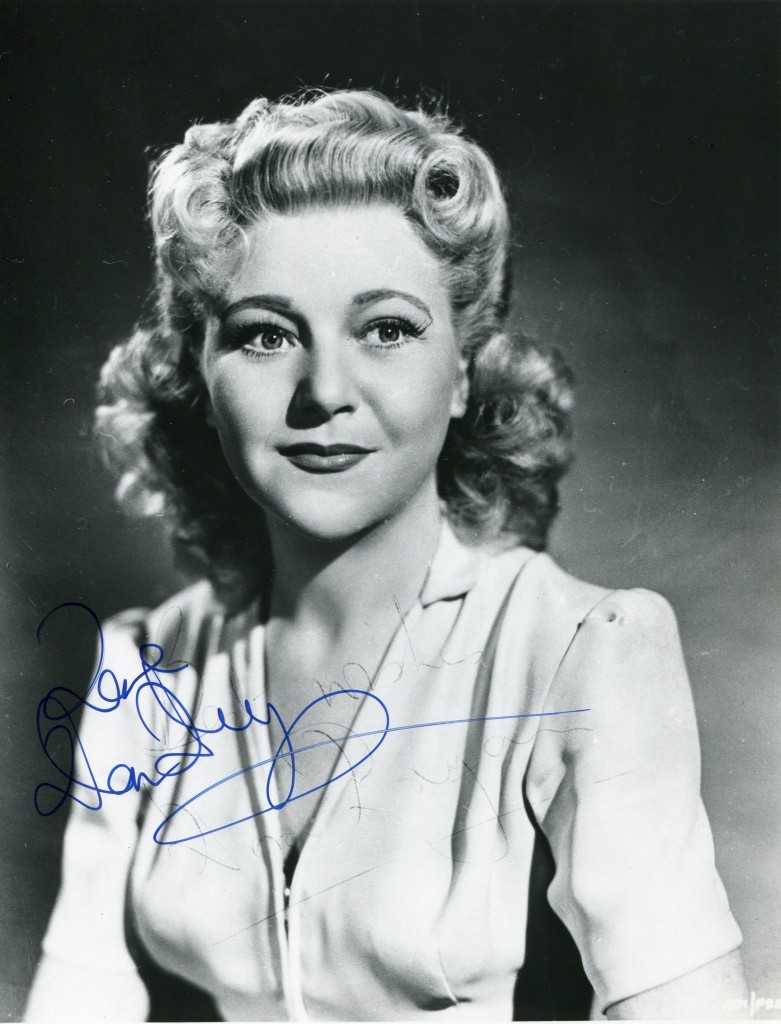
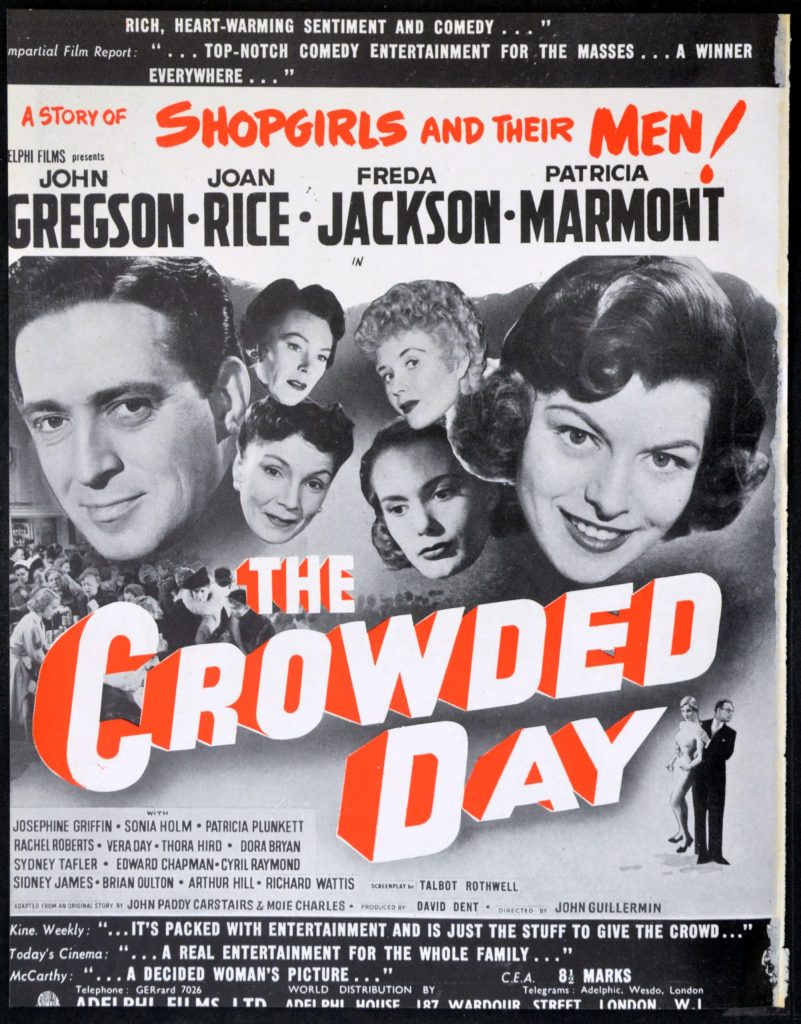
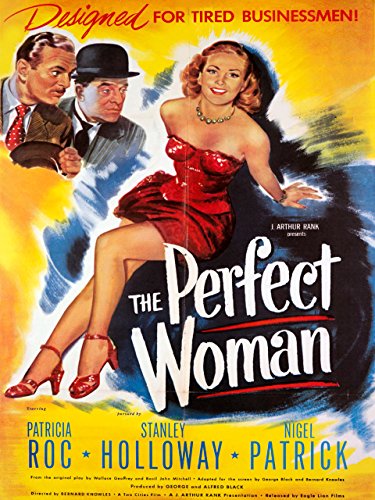
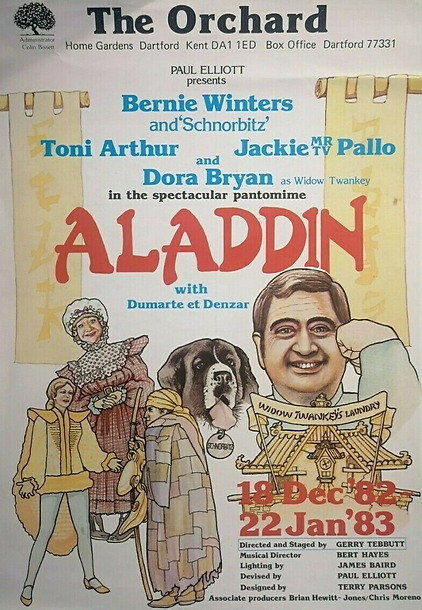
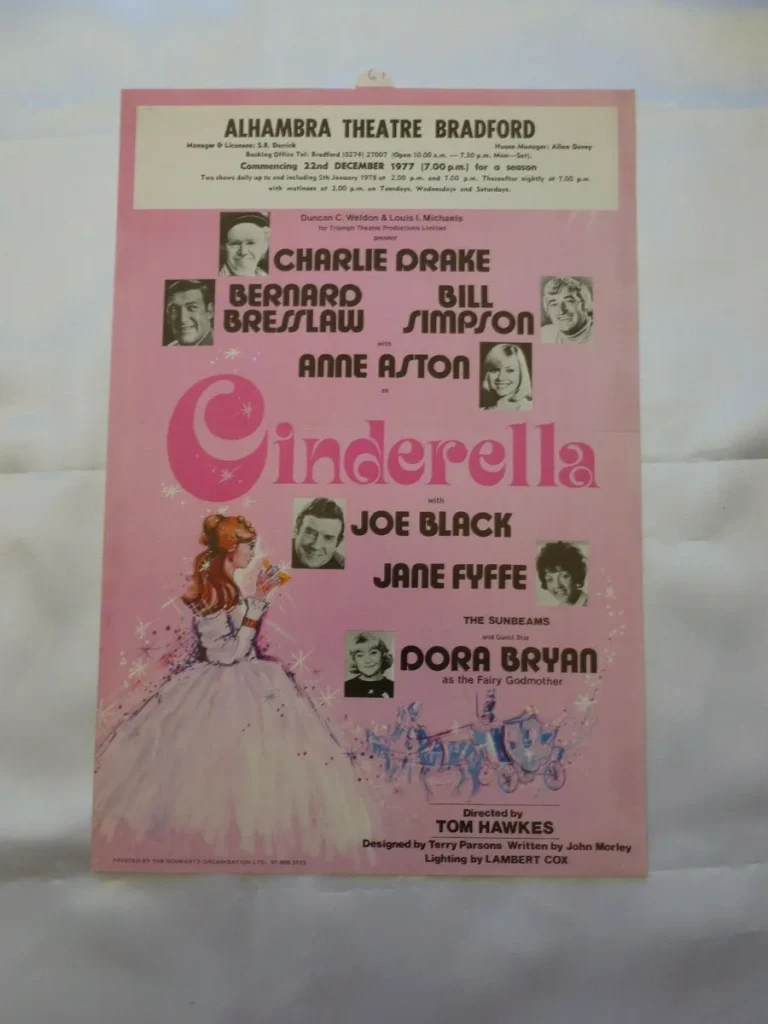
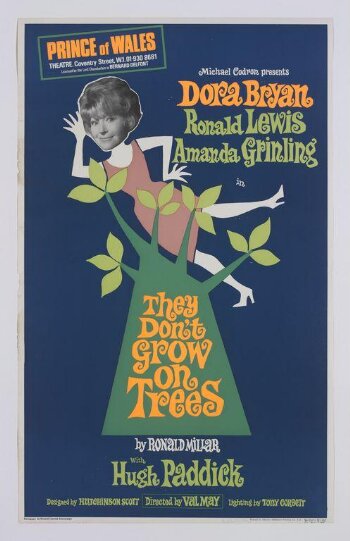

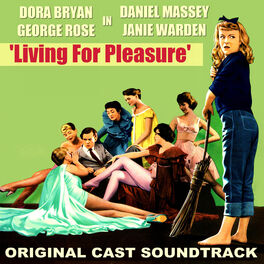
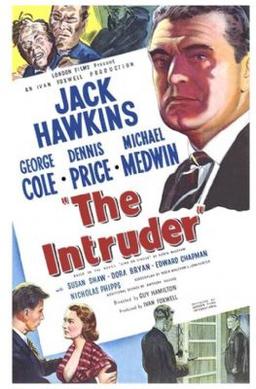
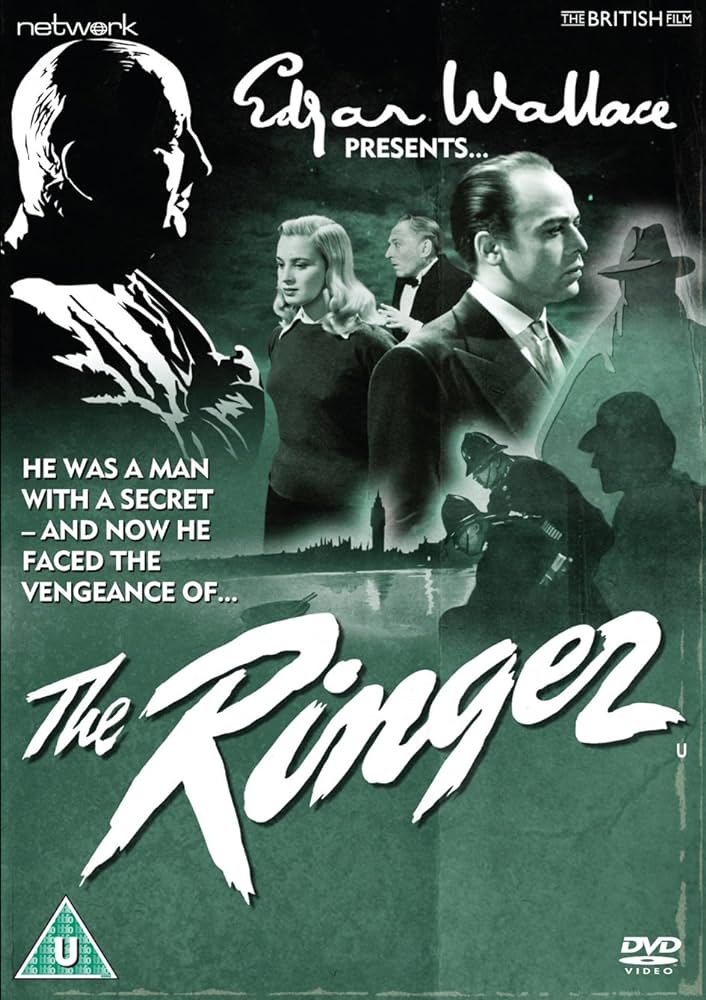
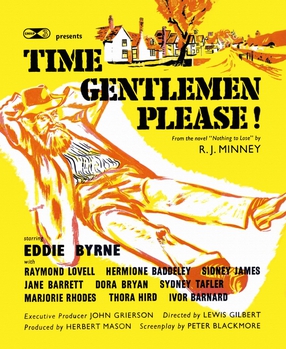
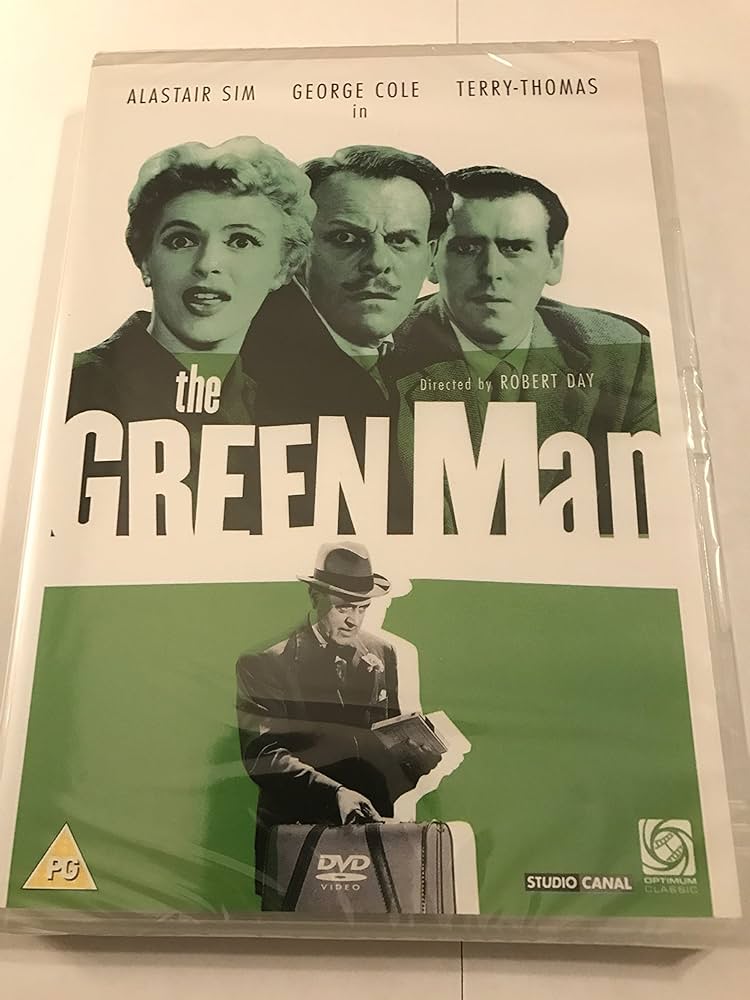
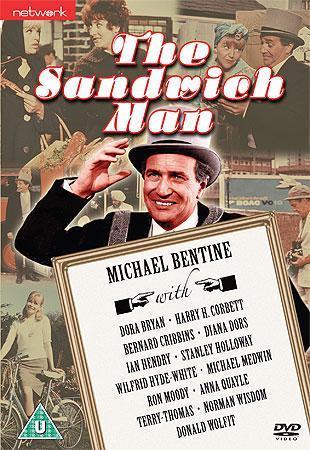
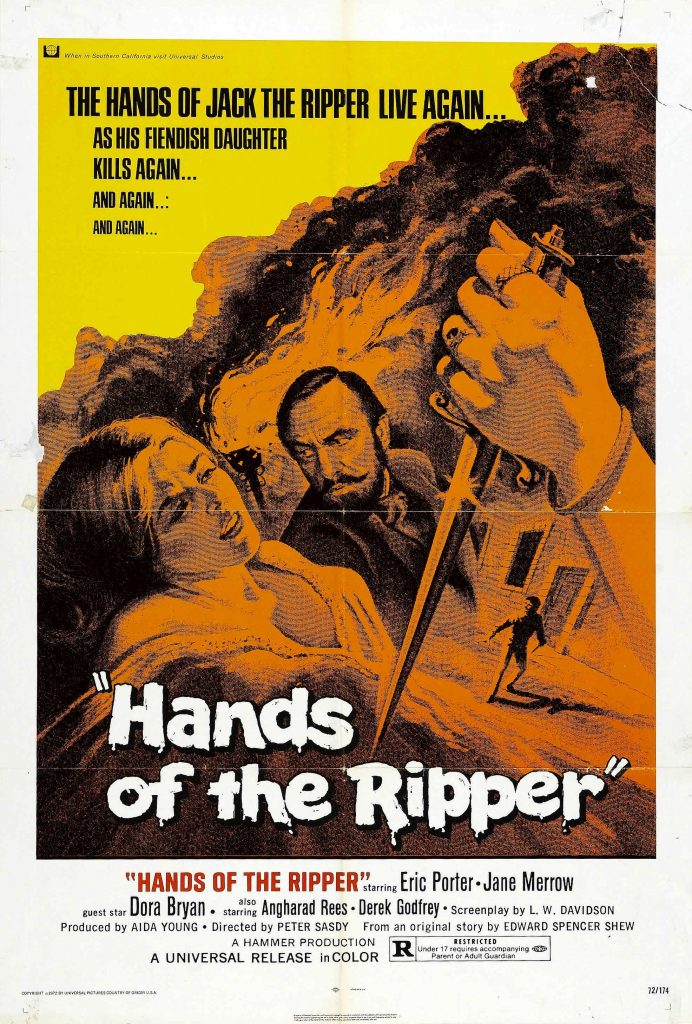
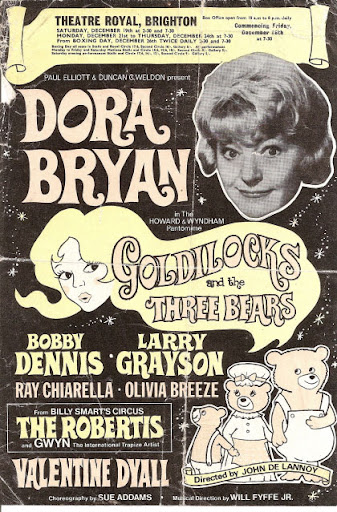
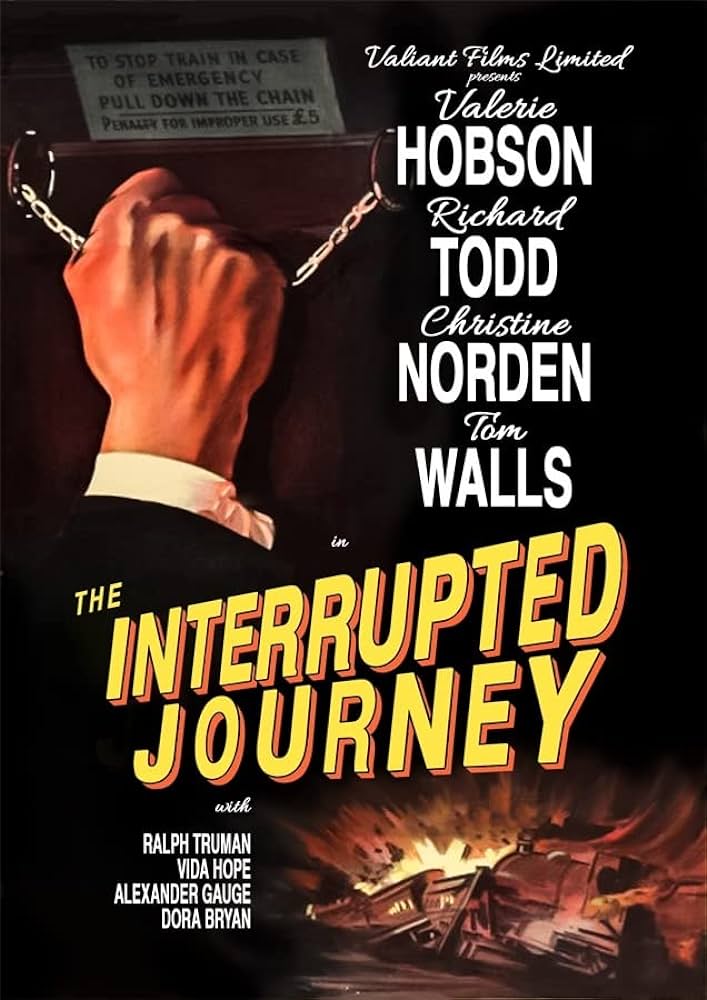
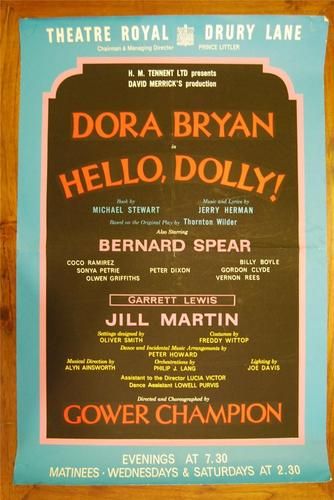
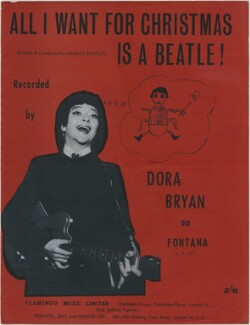
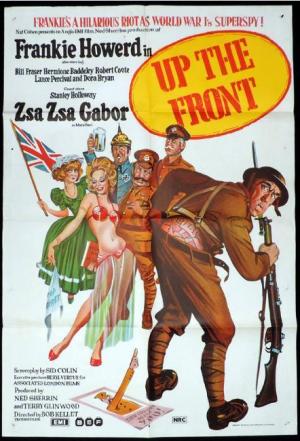
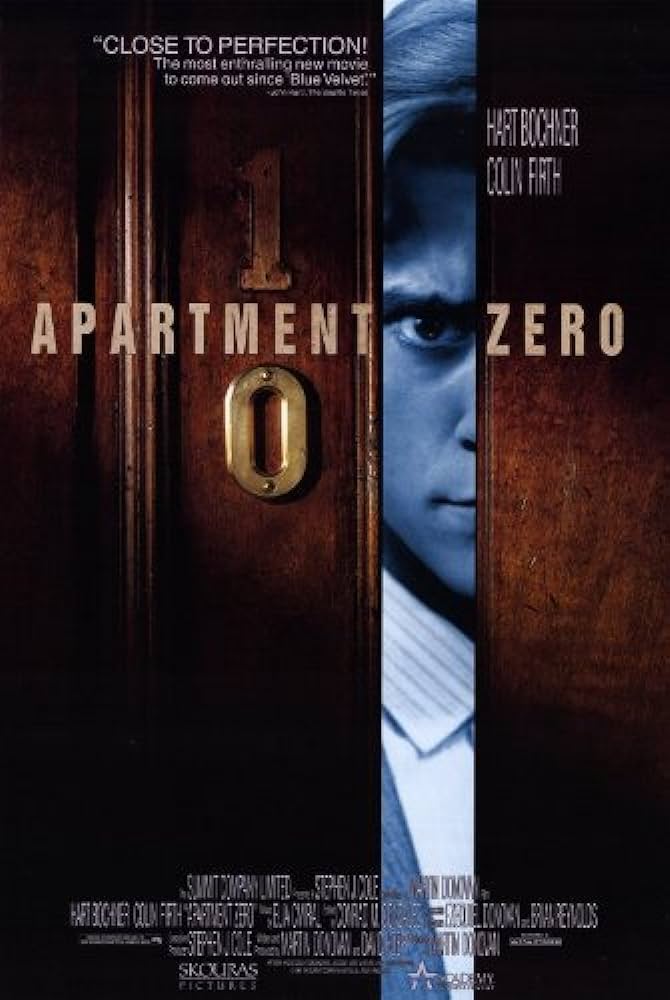
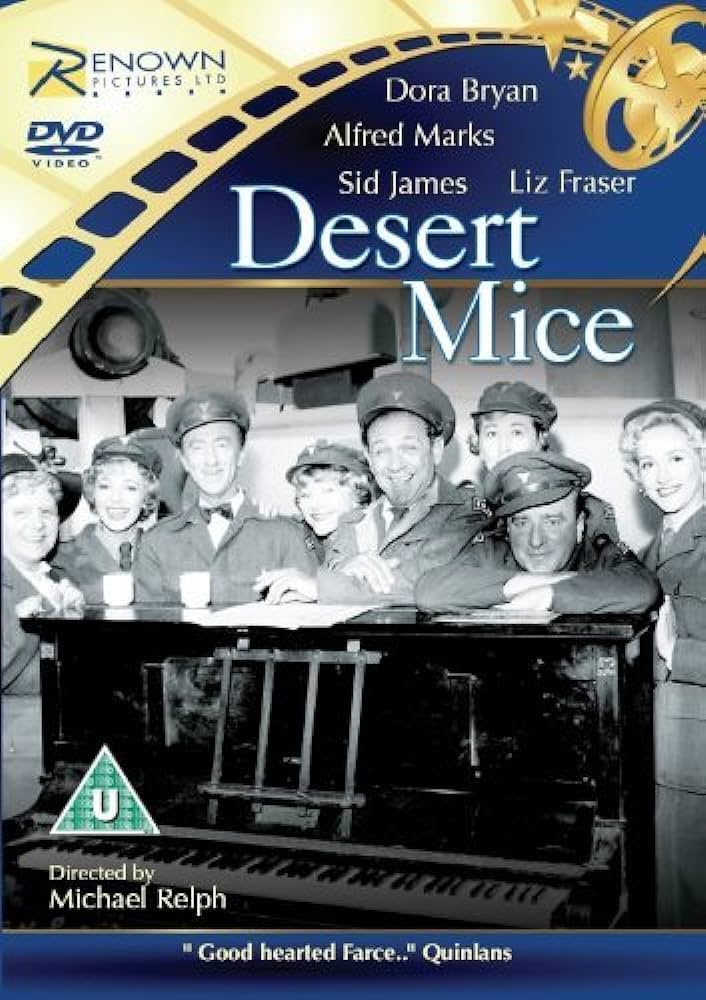
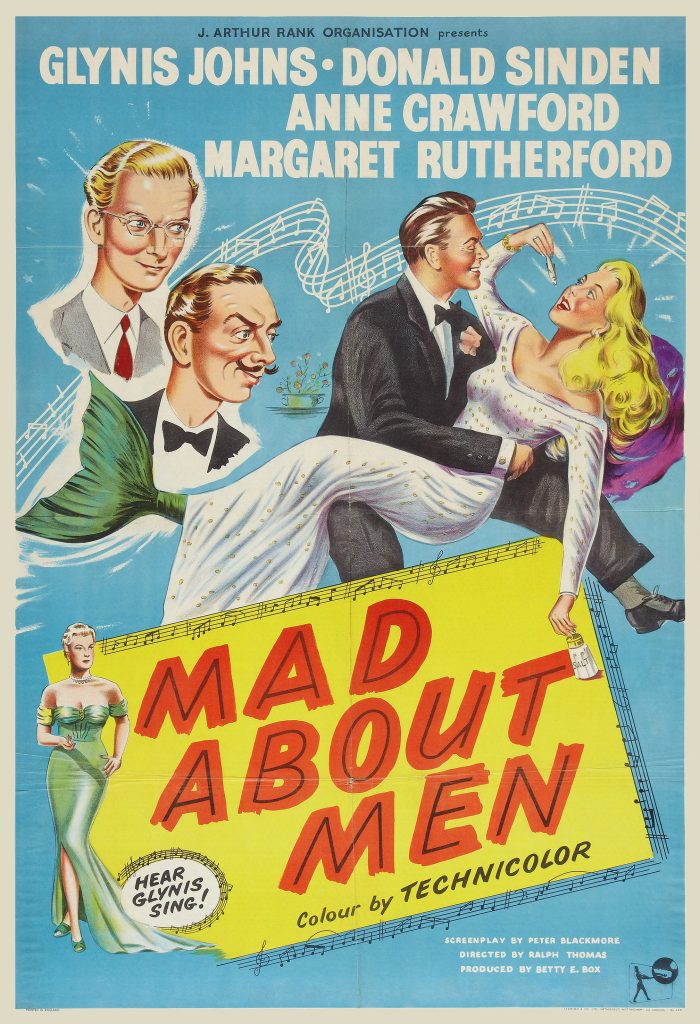
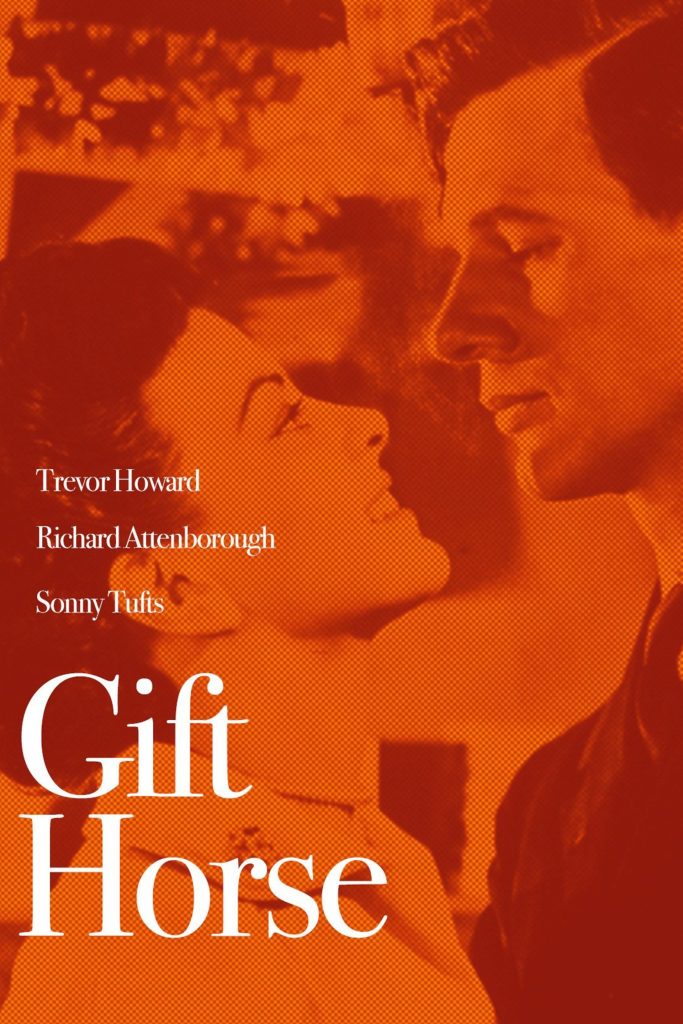

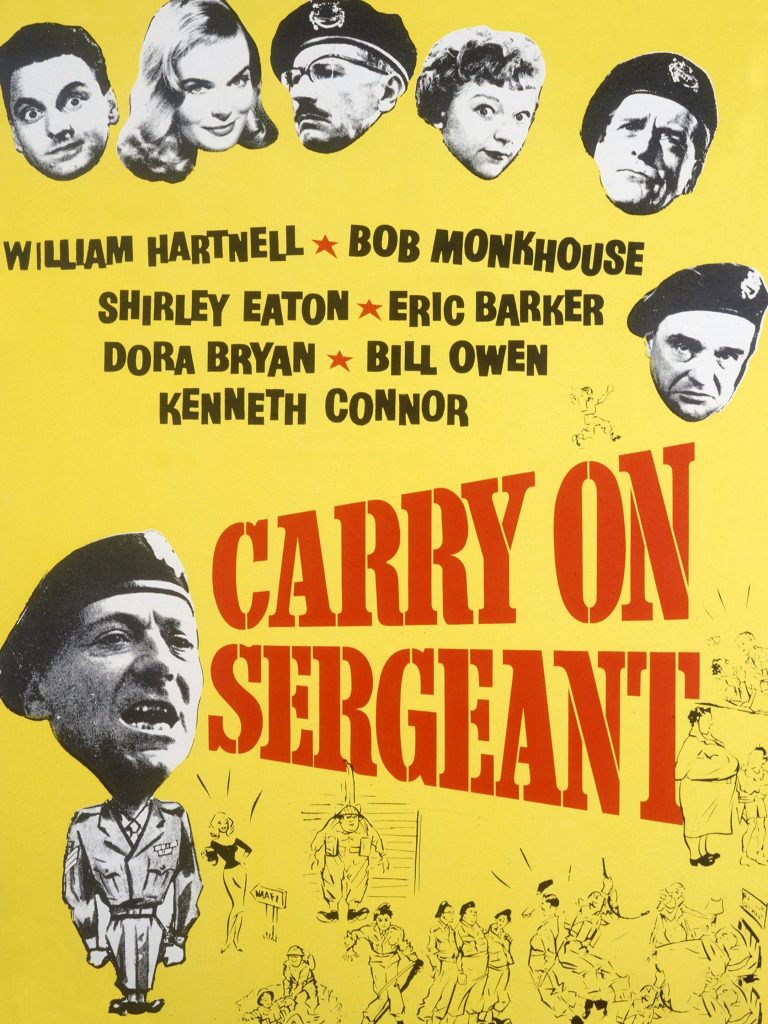
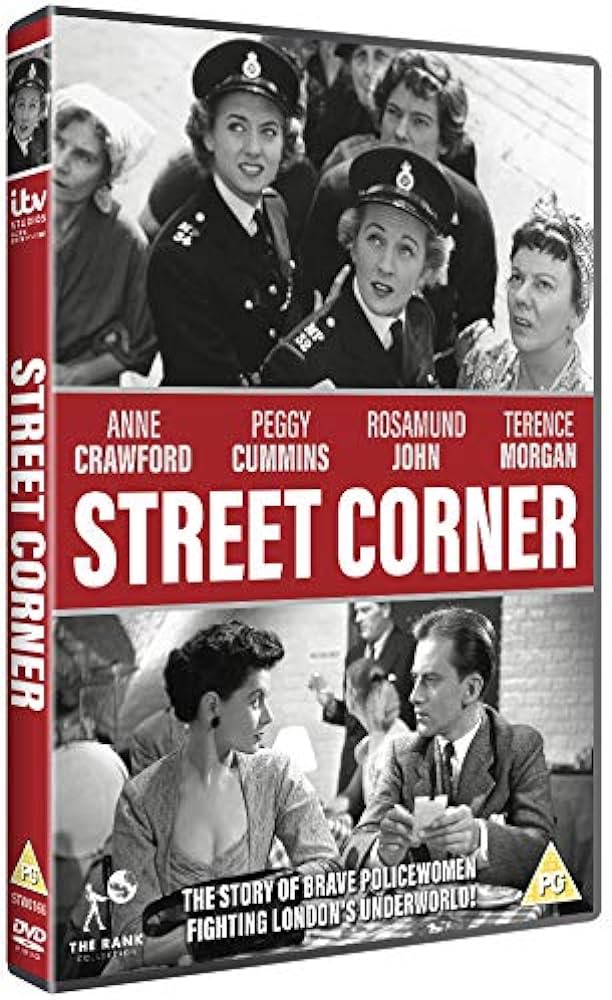

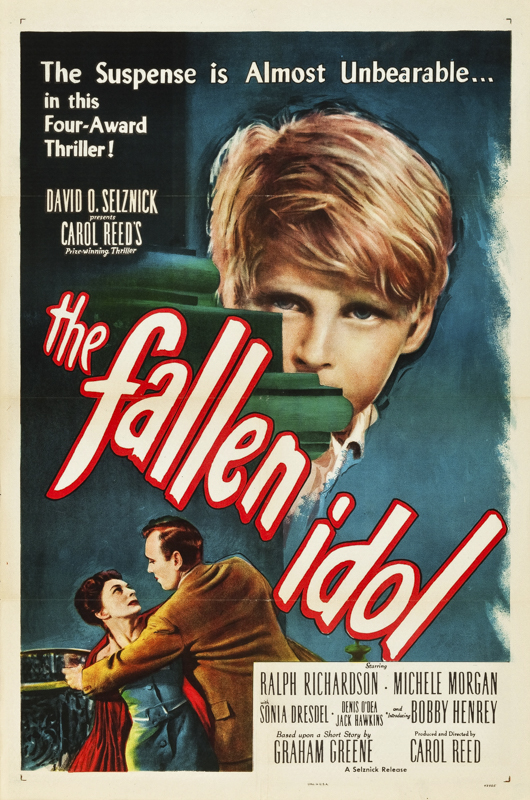
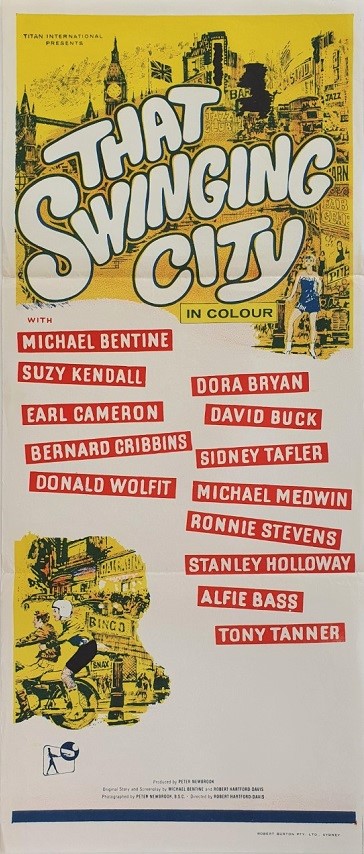
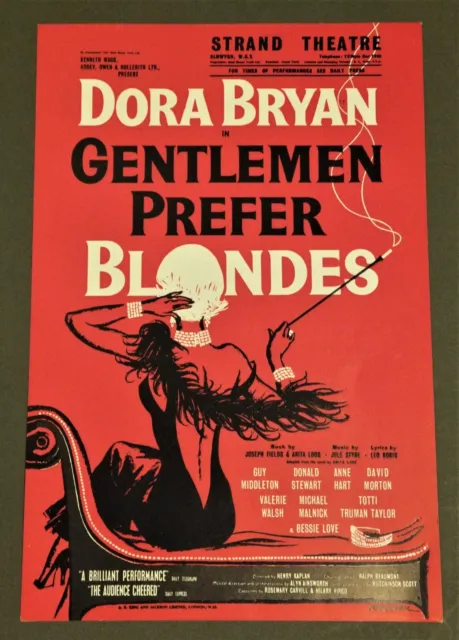
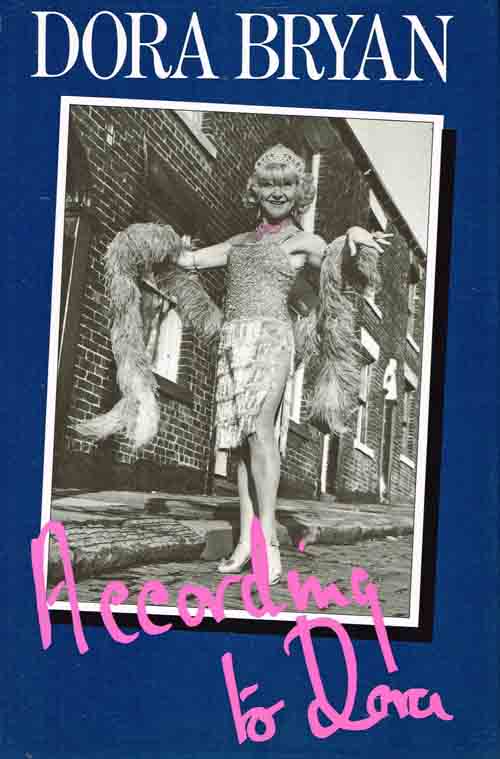
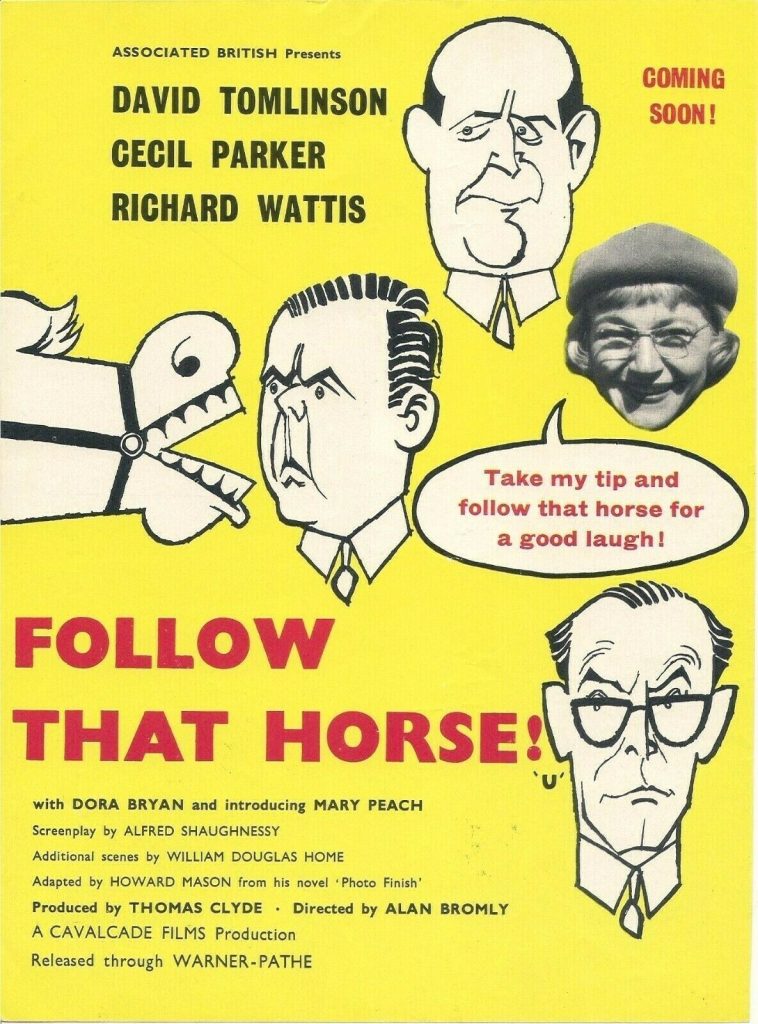
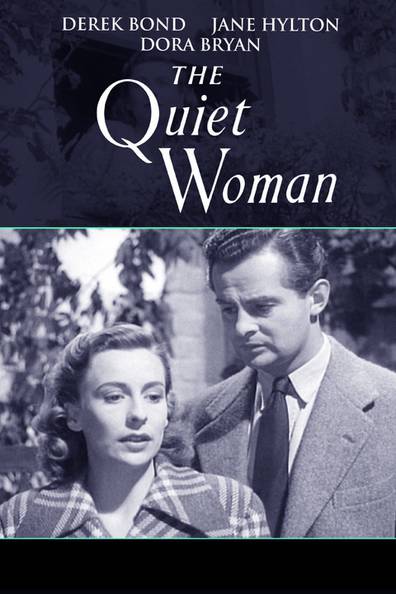
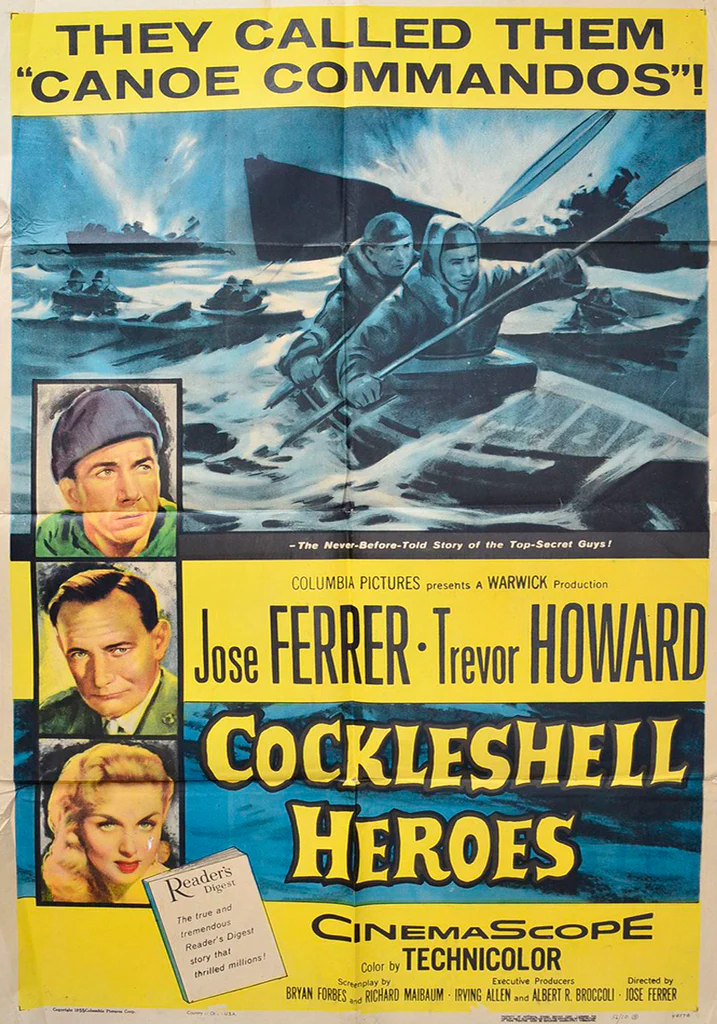
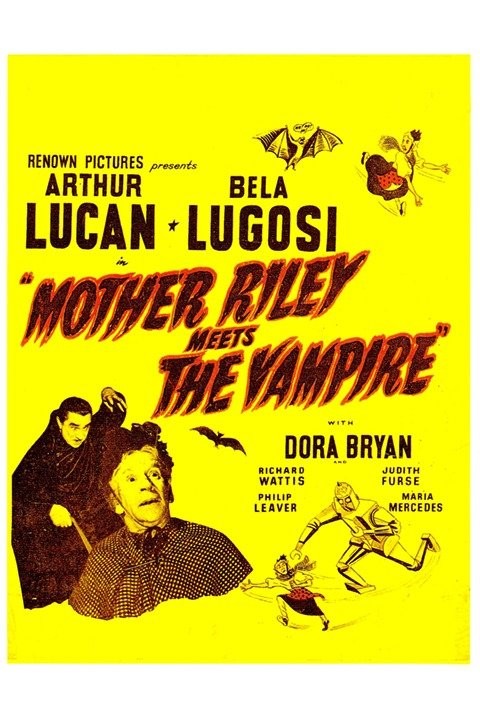

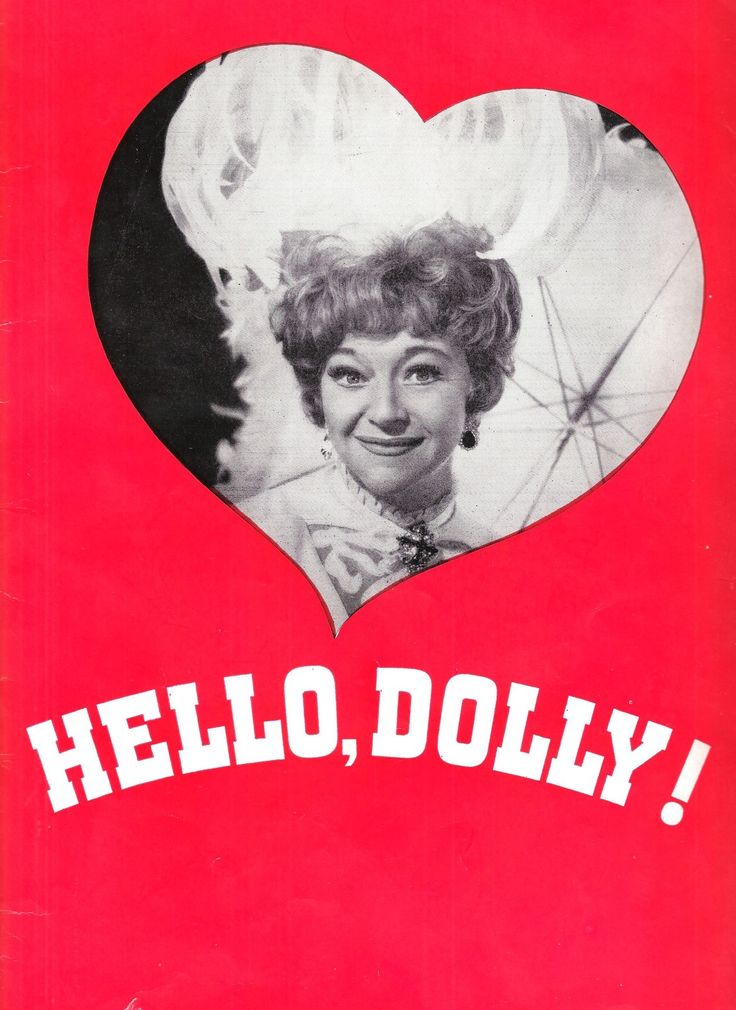
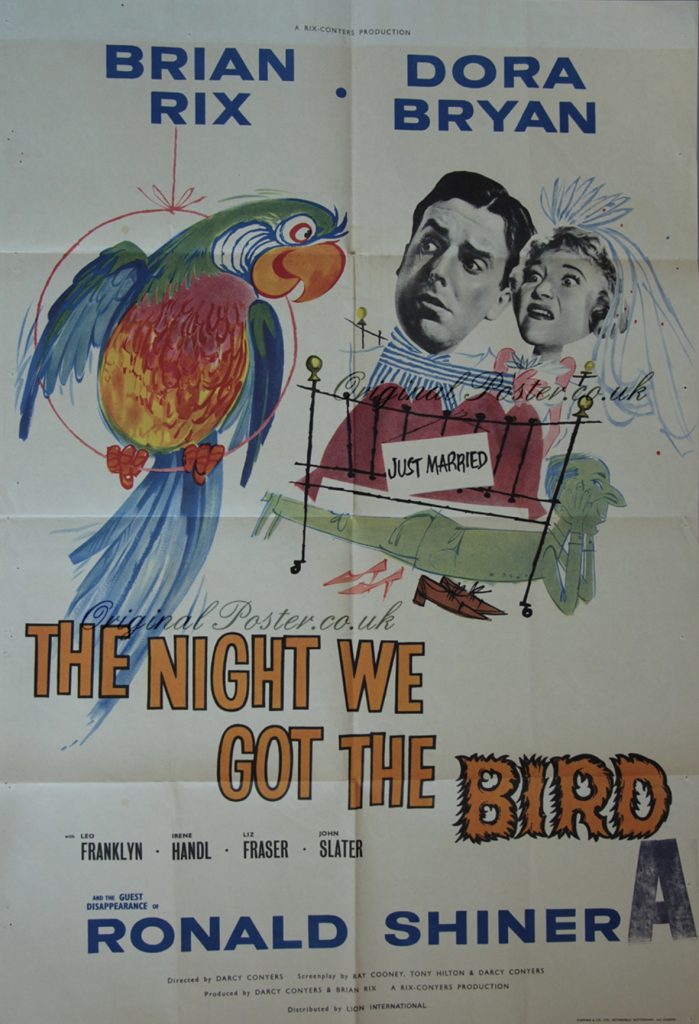
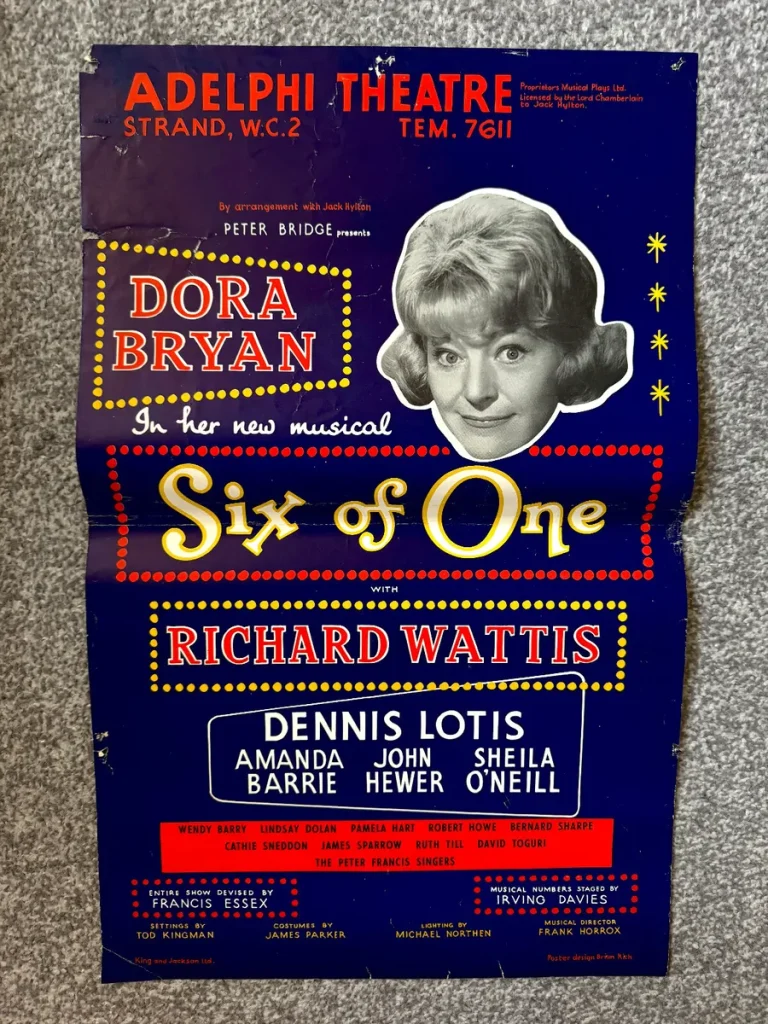
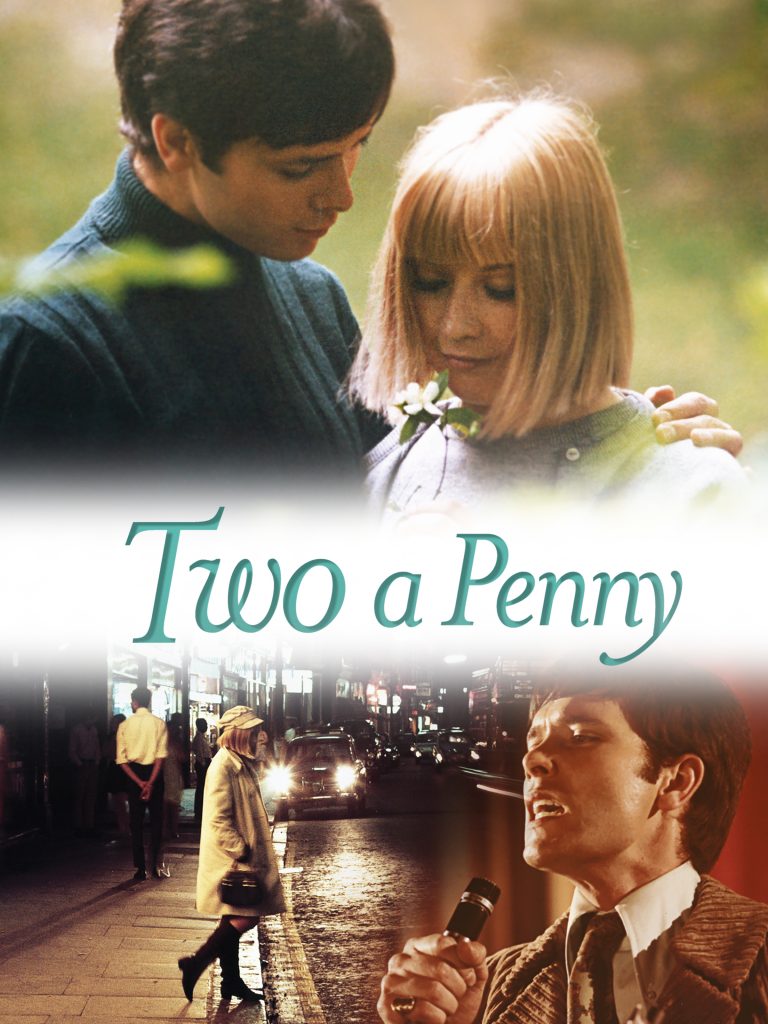
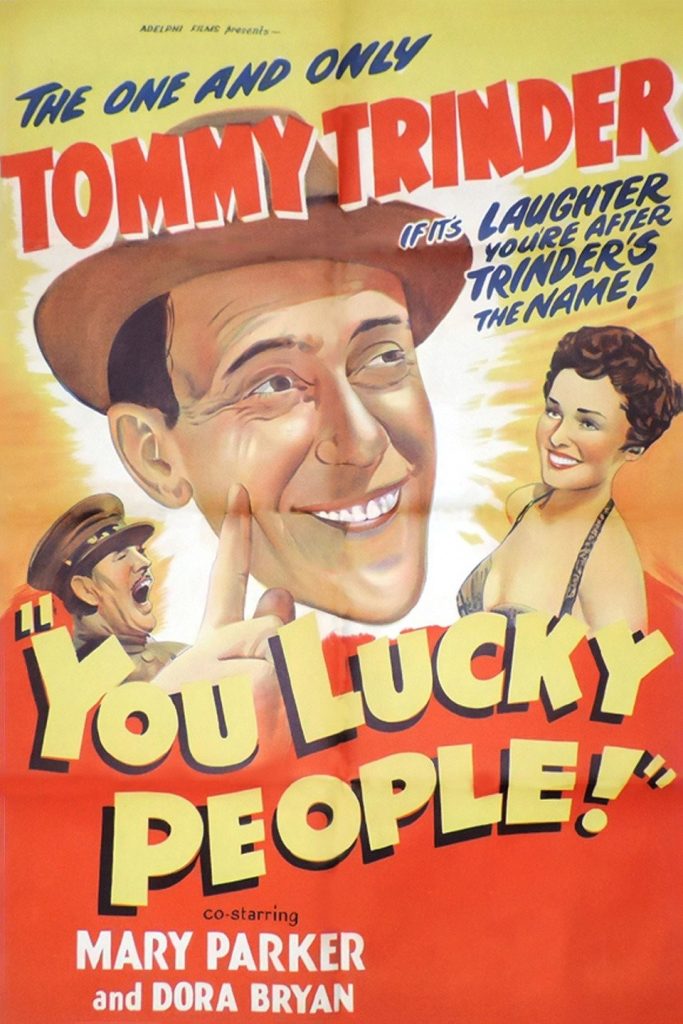
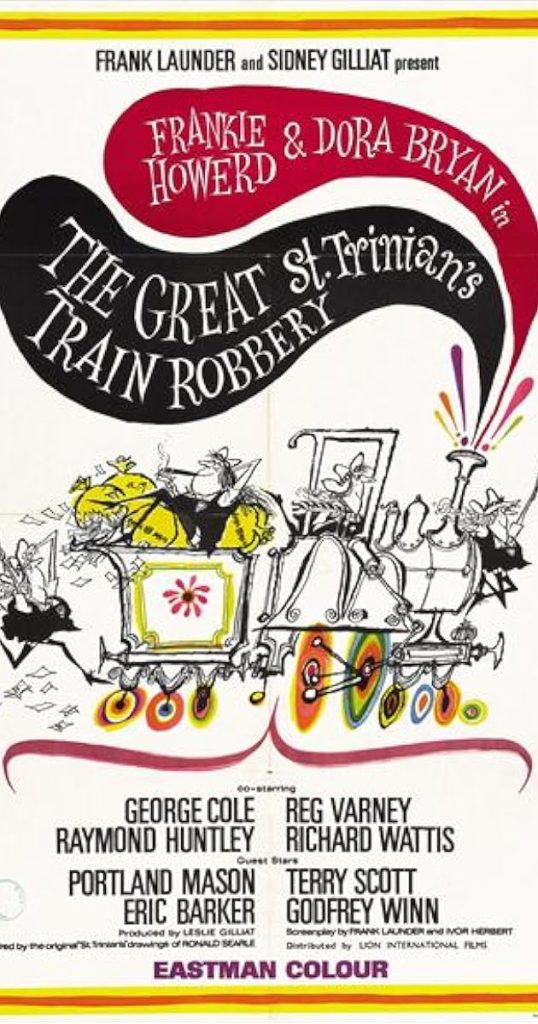
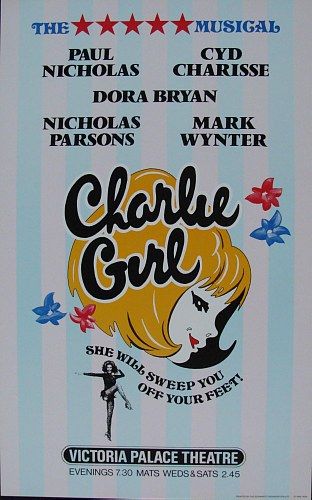
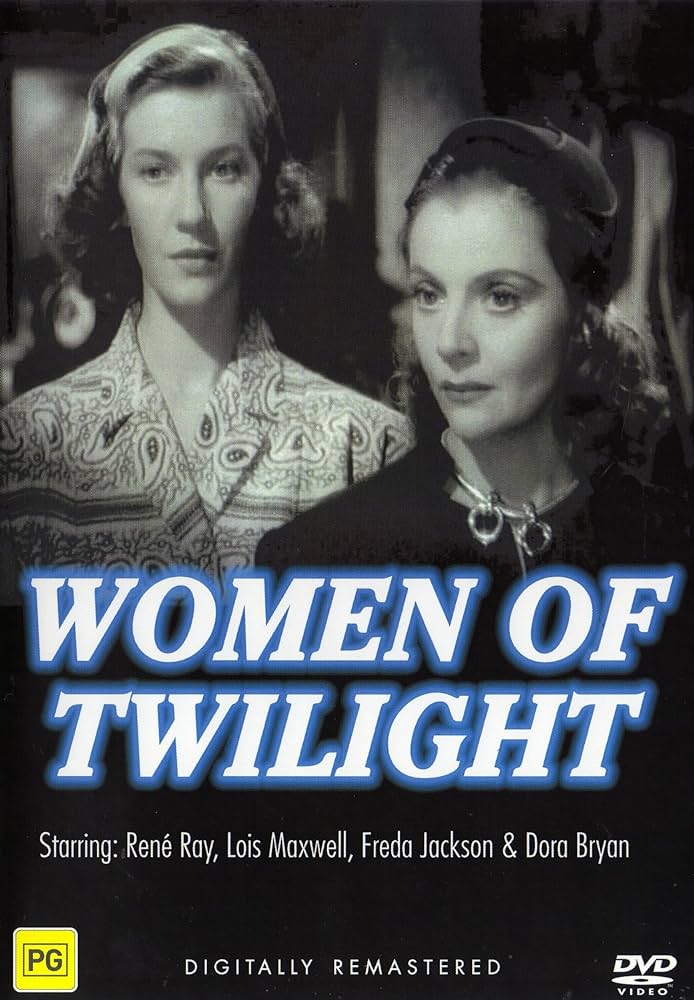
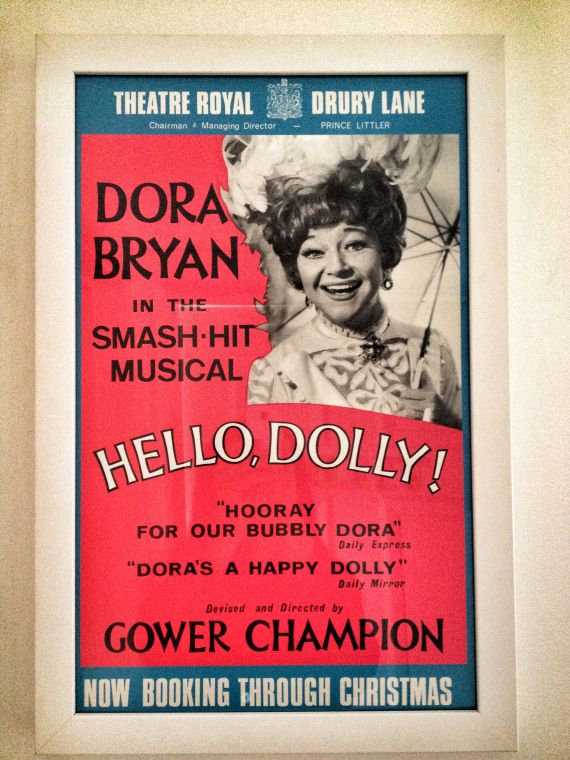
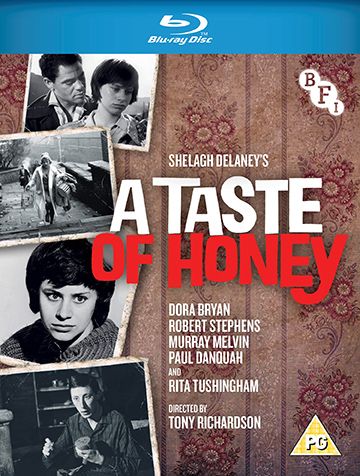
Dora Bryan was one of the delights of British cinema of the 1950’s and 60’s. She was born in Southport, Lancashire in 1923. She entertained British troops in Italy with ENSA during World War Two. After the War she appeared on the London stage in theatrical revues. In 1948 she was featured in the classic “The Fallen Idol” and quickly became a notable character actress. She had a good role in the initial Carry On “Carry on Sargent” in 1958. She had a rare starring role in 1961 in “A Taste of Honey” with Rita Tushingham. In 1966 she succeeded Mary Martin on the London stage in “Hello Dolly”. On television more recently she was in “Absolutely Fabulous” and “Last of the Summer Wine”. She died in July 2014.
Dora Bryan, who has died aged 91, started out as a dancing and singing actress, making her first professional appearance at the age of 12 in Manchester with the 23 other girls of the Eileen Rogan Drury Lane Babes in Jack and the Beanstalk. She excelled as the plain-speaking young woman from the north, and the presence this gave her brought a wide range of work on stage and screen in the decades following the second world war. Her basic stage personality – bright, streetwise but unworldly – was squeezed into Restoration comedy, the Hello Dolly! lead in the West End (twice), JB Priestley’s An Inspector Calls at the Chichester Festival theatre and Meg, the guesthouse keeper oblivious of the sexual and other power-play in Pinter’s The Birthday Party at the National Theatre. In 2001 she contributed to the mayhem in an episode of Absolutely Fabulous, and she continued in TV comedy until 2005, as Ros Utterthwaite in Last of the Summer Wine. Her most substantial film role came in A Taste of Honey (1961). But from the first, Bryan could make even makeweight characters come alive, as with the kindly streetwalker in the film of Graham Greene’s The Fallen Idol (1948), who gives a lost boy a touch of needed feminine warmth and understanding. A part that could have set the teeth on edge was redeemed by the catchy humour of the acting.
She was born Dora May Broadbent in Southport, Lancashire, and brought up in a village near Oldham. Her father, Albert Broadbent, owned a small mill that went bankrupt, forcing him to sell bobbins from door to door, sometimes taking Dora with him. Her mother, Georgina (nee Hill) encouraged her to perform in public. Dora saw her family background as happy, but was attracted by the potential extra attention that acting offered. The first live show she saw, Peter Pan, gave her the urge to play Peter. After seeing Ingrid Bergman in Intermezzo, she spoke with a Swedish accent until an adored elder brother told her not to be so silly. Though she won a place at grammar school she did not take it up, preferring to join the Drury Lane Babes and then, on leaving school, went into pantomime at Glasgow. The following year she was in Mother Goose in London with Max Wall. After the London Academy of Music and Manchester Repertory School, she joined Oldham Rep as an assistant stage manager. During the second world war she travelled to Italy with ENSA to entertain the troops.
She went to London to seek her stage fortune, and got her first big chance when she replaced a sick cast member in a London production of the celebrated thriller Gaslight. The Fallen Idol provided her first film role. While in Emlyn Williams’s play Accolade (1950), she entertained him offstage with some of her comedy routines: he invited her to one of his big parties, at which impresario Binkie Beaumont was present. She quickly became the star of The Lyric Revue. It took 14 curtains on the opening night and ran for two years. By the time she was 37, Bryan had appeared in 28 films without ever having her name above the title. This improved after Shelagh Delaney’s A Taste of Honey, in which she played the harridan mother, unsympathetic to the heroine’s emotional injuries. Theatrical recognition had come earlier, when after the first night of a 1955 production of AP Herbert’s The Water Gypsies, the billing outside was changed to “Dora Bryan in AP Herbert’s The Water Gipsies. The previous year she had married Bill Lawton, and they went on to run a hotel in Brighton. She had to leave the cast of The Water Gipsies when she became pregnant, but the child died after being born prematurely – the first of two such misfortunes. She insisted on going ahead with a Granada TV series, believing work would be a healer, but had a nervous breakdown and did not work again for nine months until the comedy actor Ronald Shiner asked her to play his wife in The Love Birds at the Adelphi (1957).
For a time Bryan was prone to depressive interludes. By the end of the 1970s she was attending Alcoholics Anonymous and pledging herself to Christ at the behest of Cliff Richard, who starred with her in a Billy Graham film production. However, Bryan was a great survivor, and her later years were some of the most productive of her career. In 1996 she was appointed OBE. In 1963 her single All I Want For Christmas Is a Beatle was voted Best Bad Record on Top of the Pops. She was delighted. In her 70s, she was proud that she could still do the splits.
Bill and her daughter, Georgina, predeceased her. She is survived by her sons, Daniel and William.
• Dora May Bryan, actor and singer, born 7 February 1923; died 23 July 2014

